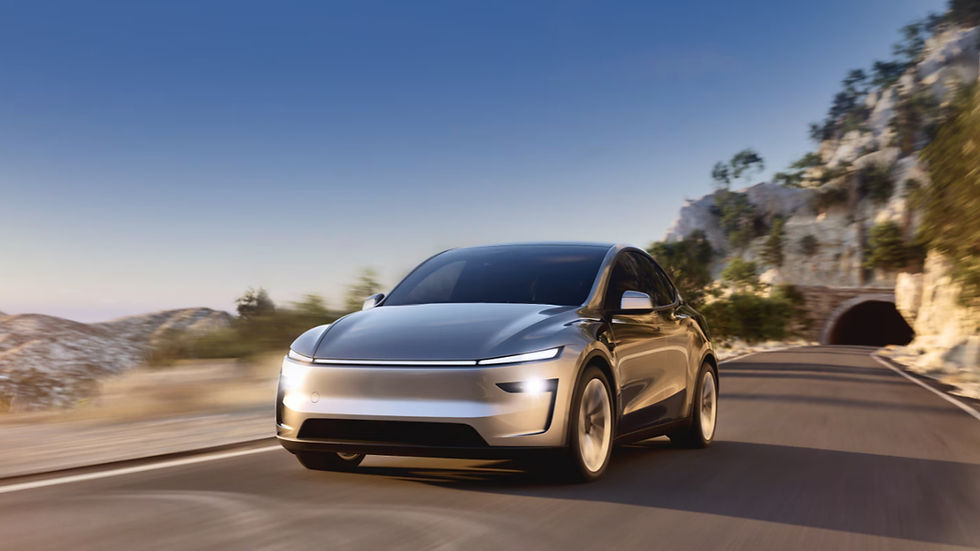OpenAI Introduces Personalised AI Apps to Expand ChatGPT Consumer Business
- tech360.tv

- Nov 7, 2023
- 2 min read
Updated: Jan 8, 2024
OpenAI, the renowned artificial intelligence (AI) company, has unveiled a new marketplace that allows users to access personalised AI "apps" for various tasks, such as teaching math or designing stickers. This move signifies OpenAI's ambition to expand its consumer business.

During the AI lab's first developer conference, OpenAI CEO Sam Altman announced the marketplace and shared updates on the company's progress. The conference attracted 900 developers from around the world, highlighting the growing popularity of OpenAI's ChatGPT.
Altman revealed that ChatGPT now boasts an impressive 100 million weekly active users since its launch in November 2022. To capitalise on this success, OpenAI is introducing customised AI apps called "GPTs." These GPTs are early versions of AI assistants that can perform real-world tasks, such as booking flights, on behalf of users.
To facilitate the sharing of GPTs and incentivise developers, OpenAI will launch the GPT Store later this month. Developers can earn money based on the number of users their GPTs attract. This initiative follows OpenAI's previous attempts to build an ecosystem of ChatGPT plugins earlier this year.
Altman envisions a future where users can simply ask their computers for assistance and the AI will seamlessly handle various tasks. He emphasised the importance of gradual iterative deployment to address the safety challenges of AI.
In addition to the marketplace, OpenAI also announced significant updates for developers. They introduced the GPT-4 Turbo model, which is much cheaper and can process a larger amount of data compared to its predecessor, GPT-4. OpenAI also launched assistant application programming interfaces (APIs) with vision and image modalities, as well as a beta program for developers to fine-tune GPT-4 models.
The conference generated significant excitement, with hundreds of developers lining up early in the morning to attend. Altman's keynote speech, streamed on YouTube, attracted over 40,000 viewers. OpenAI's cost-slashing announcement received loud cheers from the audience.
Startups like Lindy, an AI assistant startup, expressed their enthusiasm for the updates. Flo Crivello, the founder of Lindy, highlighted the significant cost reduction, stating that their expenses decreased by a factor of three X.
Altman cautioned startups against building applications with simple integrations with OpenAI's technology. He emphasised the value of creating deeper integrations on top of OpenAI's platform.
OpenAI aims to encourage more enterprises and developers to build models that can rival those developed by other companies, such as Anthropic and Google. They also compete with Microsoft for enterprise customers. Satya Nadella, the CEO of Microsoft, made a surprise appearance at the conference, reaffirming Microsoft's support for OpenAI's endeavors.
To address concerns from big enterprises, OpenAI launched the Custom Models program, offering to create custom GPT-4 models at an "expensive" price. They also committed to covering any legal costs related to copyright infringement claims for enterprise users, matching offers from Google and Microsoft.
OpenAI has unveiled a marketplace for personalised AI apps to expand its ChatGPT consumer business.
ChatGPT now has 100 million weekly active users.
OpenAI will launch the GPT Store for developers to share their GPTs and earn money.
Source: REUTERS



Comments